Alzheimer's Disease
By: Administrator
Date Uploaded: 05/02/2019
Tags: Alzheimer's memory
Attachments: image.png (39KB) image.png (24KB) image.png (37KB)
Alzheimer's disease (AD), also referred to simply as Alzheimer's, is a chronic neurodegenerative disease that usually starts slowly and gradually worsens over time. It is the cause of 60–70% of cases of dementia. The most common early symptom is difficulty in remembering recent events. As the disease advances, symptoms can include problems with language, disorientation (including easily getting lost), mood swings, loss of motivation, not managing self care, and behavioural issues. As a person's condition declines, they often withdraw from family and society. Gradually, bodily functions are lost, ultimately leading to death. Although the speed of progression can vary, the typical life expectancy following diagnosis is three to nine years. The cause of Alzheimer's disease is poorly understood. About 70% of the risk is believed to be inherited from a person's parents with many genes usually involved. Other risk factors include a history of head injuries, depression, and hypertension. The disease process is associated with plaques and neurofibrillary tangles in the brain. A probable diagnosis is based on the history of the illness and cognitive testing with medical imaging and blood tests to rule out other possible causes. Initial symptoms are often mistaken for normal ageing. Examination of brain tissue is needed for a definite diagnosis. Mental and physical exercise, and avoiding obesity may decrease the risk of AD; however, evidence to support these recommendations is weak. There are no medications or supplements that have been shown to decrease risk. No treatments stop or reverse its progression, though some may temporarily improve symptoms. Affected people increasingly rely on others for assistance, often placing a burden on the caregiver. The pressures can include social, psychological, physical, and economic elements. Exercise programs may be beneficial with respect to activities of daily living and can potentially improve outcomes. Behavioural problems or psychosis due to dementia are often treated with antipsychotics, but this is not usually recommended, as there is little benefit with an increased risk of early death. In 2015, there were approximately 29.8 million people worldwide with AD. It most often begins in people over 65 years of age, although 4–5% of cases are early-onset Alzheimer's. It affects about 6% of people 65 years and older. In 2015, dementia resulted in about 1.9 million deaths. It was first described by, and later named after, German psychiatrist and pathologist Alois Alzheimer in 1906. In developed countries, AD is one of the most financially costly diseases. Alzheimer's disease (AD): Affects a person's ability to carry out activities of daily living (ADL). Most common cause of dementia among people aged 65 or older. Involves the parts of the brain that control thought, memory, and language. Alzheimer's disease (AD): Usually begins after age 60, and risk goes up with age. AD is not a normal part of aging. Alzheimer's disease (AD): Symptoms of Alzheimer's can be described as the 4 A's: Anger Aggression Anxiety Apathy Eventually, patients need total care.
Add To
You must login to add videos to your playlists.
Advertisement




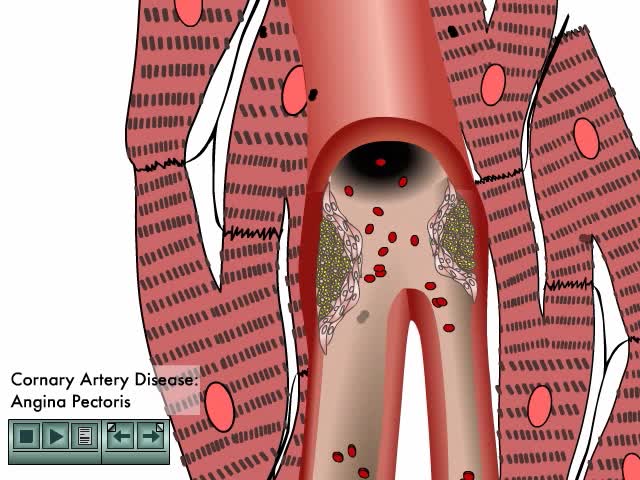
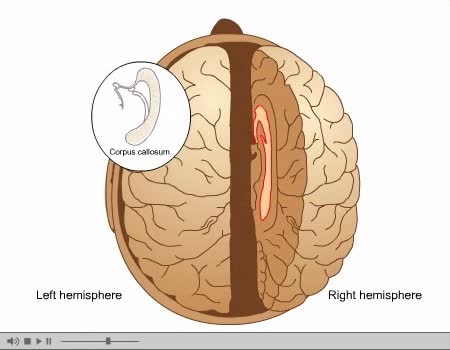
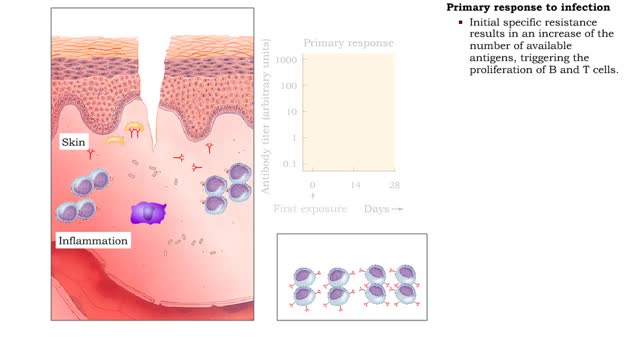
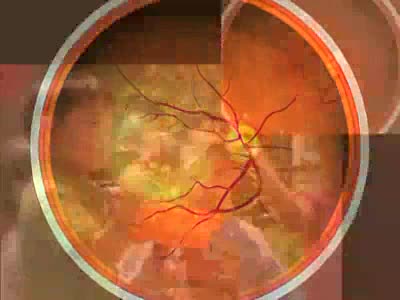
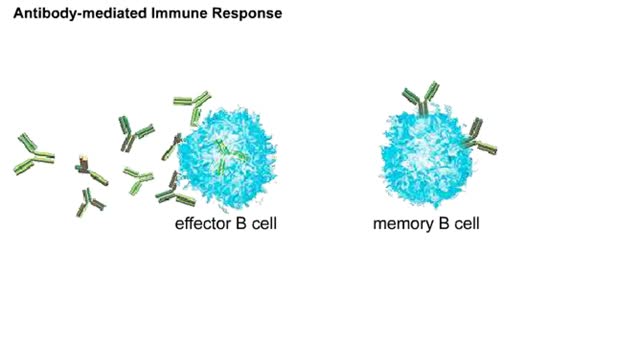



Comments
0 Comments total
Sign In to post comments.
No comments have been posted for this video yet.